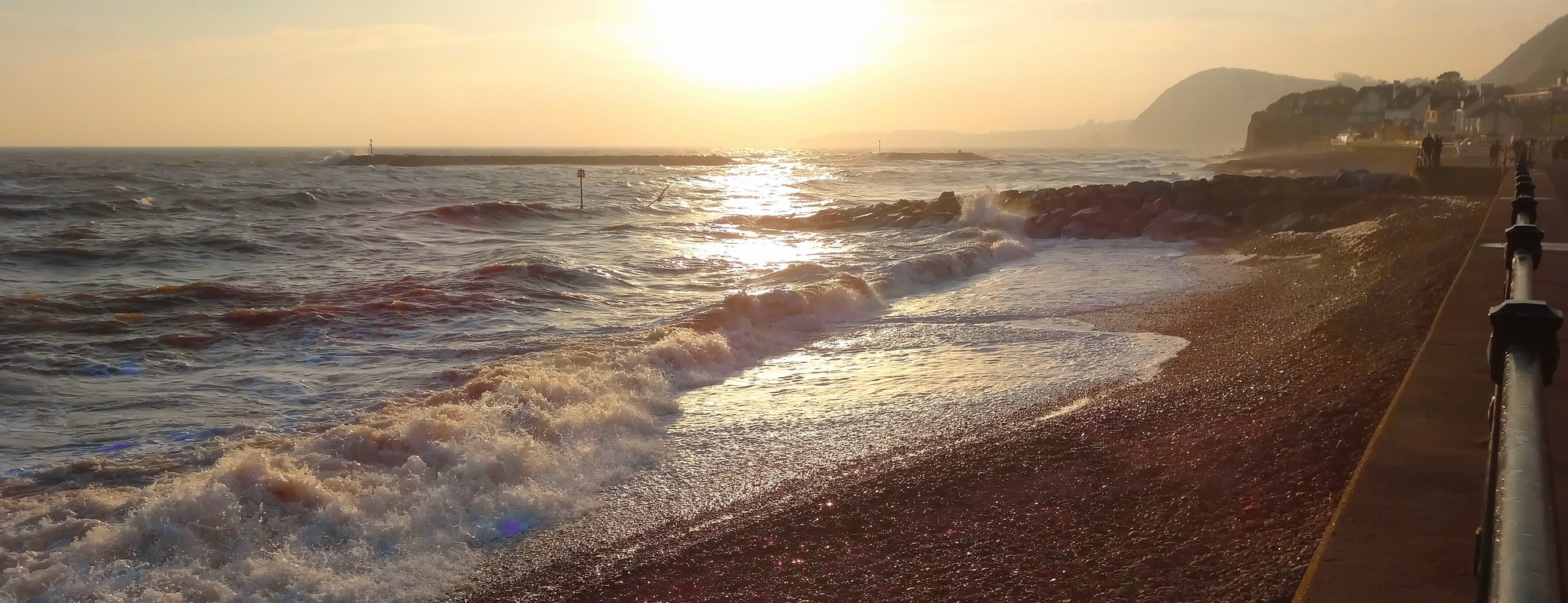There are several initiatives at work in the Sid Valley addressing the issues around climate change – including the Sidmouth Science Festival and the Climate Awareness Partnership Sidmouth project of course, as well as the likes of the Sidmouth Repair Café and the Sid Valley Biodiversity Group looking at specific aspects and what we can do here and now to help.
But how can we go further still?
Here’s an idea: “Creative Environmental Activism“:
In a world that seems increasingly dismal, how do art, literature, and other creative endeavors offer different ways to fight against environmental injustice and climate change? Creative media such as novels, poetry, visual art, and films not only help us process complex emotions tied to climate crisis anxiety and eco-grief, but also present nuanced approaches to an environmental activism rooted in community and caretaking.
This leads us to looking at how solarpunk narrates futures beyond climate despair:

Solarpunk is a literary and artistic movement that envisions a sustainable future rooted in communal self-reliance, justice, and care. Solarpunk resists narratives about decay and doom, offering a hopeful vision of an imminent future in which humans learn to heal our relationship with nature and each other.
Writer Amitav Ghosh argues that we need a “heightened imaginary response to climate change.” He explains this idea via the notion of “probability.” If literature inspires reality as much as reality inspires literature, then literature, to a large extent, can shape what our minds might be able to digest as “probable.”
Returning to the Sid Valley, there are indeed initiatives that go further – for example, the projects at the Sidmouth School Of Art and so many of the festivals happening, including the Sidmouth Sea Fest – plus the area-wide Arts and Culture East Devon – all with a focus on creativity and sustainability.
To finish in Plymouth with Prof Richard Thompson, Director of the Marine Institute, and Prof Eduardo Miranda, Head of Interdisciplinary Centre for Computer Music Research, talking about a creative approach to the climate crisis:

At the University of Plymouth, we have long appreciated the benefits of uniting experts from across the disciplines in this way. Physics and photography. Politics and poetry. Environmental science and psychology. And take us, the authors of this piece, a marine biologist and a musician/composer. At first, building such relationships may not be easy. But taking a solutions focussed whole-system approach yields countless benefits.
…
